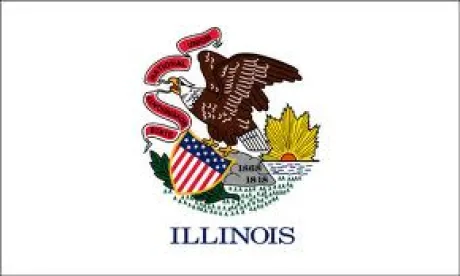On March 2, 2016, an Illinois Appellate court upheld a jury verdict awarding over $3 million to Plaintiff James Crowley (Plaintiff) on his whistleblower retaliation claim under the Illinois State Official and Employee Ethics Act (Ethics Act) (5 ILCS § 430/15-5, et seq.). Crowley v. Watson, No. 1-14-2847 (Mar. 2, 2016). We previously reported on the progression of the case here and here.
Background
Plaintiff, a former Chicago State University (University) Senior Legal Counsel, had responsibilities that included reviewing contracts and processing FOIA requests. He alleged that the University retaliated against him after he (i) refused to withhold certain documents from FOIA requests inquiring about the University’s President, and (ii) reported his concerns about the FOIA requests and the University’s contracting practices to the Illinois AG’s Office.
A Cook County jury found that Plaintiff was retaliated against in violation of the Ethics Act and awarded him $480,000 in back pay and an additional $2 million in punitive damages. Pursuant to the statute, the trial court doubled the back pay to $960,000, ordered the University to pay attorneys’ fees of $318,000, and awarded prejudgment interest in the amount of $60,000. The trial court also ordered the University to reinstate Plaintiff to his former position or provide “front pay” based on a $120,000 annual salary through the resolution of any appeals.
Appellate Court’s Ruling
The appellate court affirmed and held that punitive damages are indeed available under the Ethics Act. And it rejected the University’s position that it was immune from liability for punitive damages pursuant to the doctrine of sovereign immunity. The court also held that the jury’s award did not violate the University’s due process rights as the University’s conduct was “thoroughly reprehensible” and the ratio between the compensatory and punitive damages award was entirely reasonable.
Implications
This ruling clarifies that punitive damages are indeed available under the Ethics Act and underscores the serious risks employers face under state whistleblower laws.




 />i
/>i
